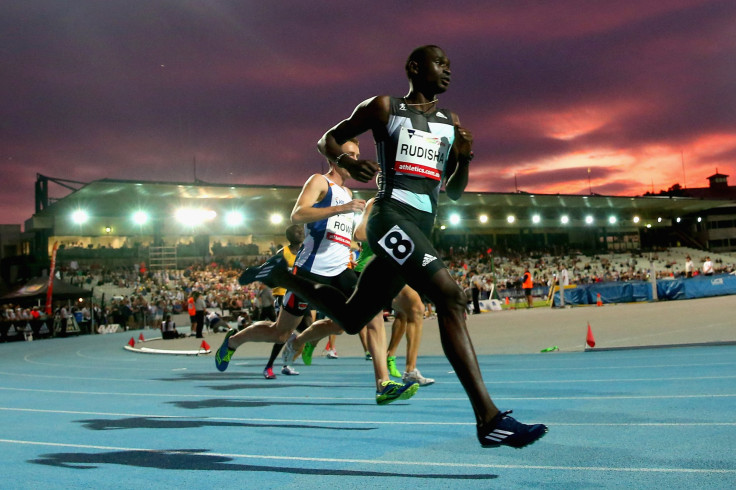Rio Olympics 2016: Kenya Signs Crucial Anti-Doping Bill Into Law

Kenyan President Uhuru Kenyatta signed into law Friday an anti-doping bill that could give the East African nation the green light to compete at the Rio de Janeiro Games this August. The World Anti-Doping Agency, which had set a final deadline of May 2 for Kenya to pass the law, will meet on May 12 to discuss the case, according to BBC News.
The new law will criminalize doping in the East African country, which has been tainted by several sports scandals in recent years. Kenya had previously missed two deadlines set by the global watchdog to show it was tackling doping in sport. The anti-doping bill was passed unanimously in the Senate Thursday, according to Kenyan newspaper Daily Nation.
The World Anti-Doping Agency is not the only organization pressuring Kenya to deal with doping. Sebastian Coe, the president of the International Association of Athletics Federations (IAAF), threatened to ban Kenya from the 2016 Games if it did not pass the bill into law. In February the IAAF, the world governing body for track and field, suspended Kenya’s athletics federation chief, Isaac Mwangi, for six months over the “potential subversion of the anti-doping control process in Kenya,” according to the Guardian. More than 40 Kenyan athletes have failed drug tests since 2011.
If Kenya fails to convince the International Association of Athletics Federations and the World Anti-Doping Agency that it’s cracking down on cheating in sport, some of the world’s best athletes could miss the 2016 Olympics. Kenya, a country famed for its runners, won seven gold medals at the 2015 World Championships in Beijing.
The World Anti-Doping Agency was formed by the International Olympics Committee in 1999. It’s equally funded by sports groups and national governments. The agency is charged with issuing an annual list of banned substances, determining proper testing methods and generally overseeing testing of the world’s professional athletes.
© Copyright IBTimes 2025. All rights reserved.






















